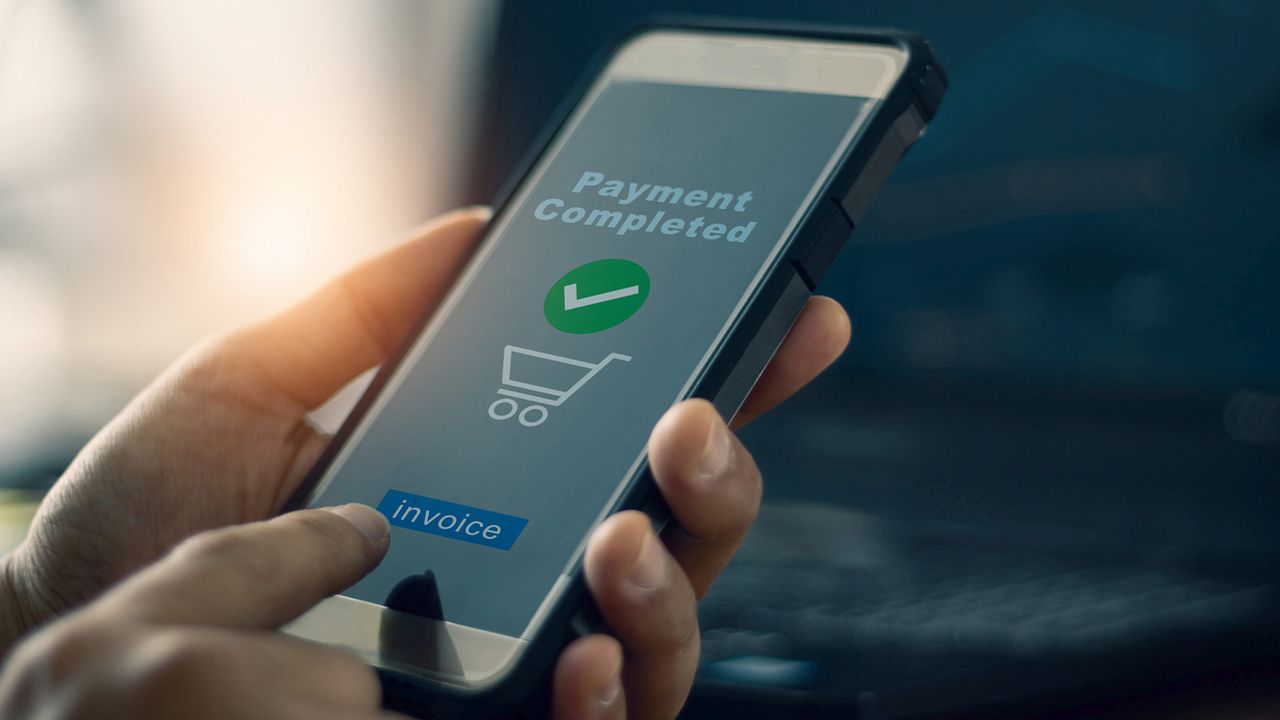Some buy now, pay later lenders are holding back customer payment data from credit bureaus

Credit scoring models are evolving to account for the growing use of buy now, pay later (BNPL) services. Affirm began reporting customer repayment data to credit bureaus earlier this year, but it is a move not yet matched by other major short-term loan providers.
Short term loan provider Affirm is currently reporting payment activity to Experian and Transunion but other major players in the space, including Klarna and Afterpay, are calling for strong consumer protections to ensure users aren’t unfairly penalized if payment data is shared with credit bureaus.
Questions about how this process would work intensified after FICO announced in late June that its new FICO Score 10 BNPL and FICO Score 10 T BNPL models would be the first from a leading credit scoring provider to incorporate BNPL data. The move marks what FICO called a "significant advancement in credit scoring," reflecting the growing role of BNPL in the U.S. credit ecosystem.
Afterpay Head of Credit and Underwriting Juan Hernandez said in a blog post last week that the company does not currently report to credit bureaus in the United States and has no plans to "until we see concrete evidence that BNPL data reflecting responsible payment behavior will help, not hurt, the credit scores of our customers."
Meanwhile, a Klarna spokesperson told FOX Business that the company supports credit reporting that benefits consumers, which is why the company shares data in the U.K. and reports term loans in the U.S. so it is visible to consumers but excluded from credit scores.
HERE'S WHY THE AVERAGE US CREDIT SCORE IS FALLING
"While the U.S. credit reporting framework doesn’t reflect how short-term BNPL products are used, we look forward to a system where these products can contribute positively to consumers' credit standing," the spokesperson said.
Despite becoming a fast-growing credit product, these loans, which allow consumers to split payments over time, have historically not reported timely payments to credit bureaus, which means paying on time hasn't boosted scores. However, if consumers miss payments, they can still be penalized with late fees. Klarna said it will also ban someone from using its service if they miss payments.
When applying to join Afterpay or being assessed for a higher spending limit, the company may perform a credit check, which may appear on a customer's credit report and be visible to other credit providers, according to its website. Klarna's website explains that it will only do soft credit checks, which don't affect someone's credit or be visible to other lenders, when consumers use the pay in four installments, pay in 30 days or pay over time options, as well as if they apply for a Klarna Card.
Over the past decade, this payment method has seen increased demand as an alternative to credit cards. It was initially used online for retail, particularly e-commerce, fashion and consumer goods. However, BNPL has since expanded beyond apparel and is now used for purchases ranging from electronics and beauty products to groceries, home goods, and even travel and event tickets. Underscoring how ubiquitous the service has become, a June 2023 survey by the Federal Reserve found that nearly two-thirds of consumers had been offered a BNPL product in the past year.
BUY NOW, PAY LATER LOANS WILL NOW IMPACT AMERICANS' CREDIT SCORES
Given its significant rise in popularity, experts argue it’s essential to inform both policymakers and consumers alike about the benefits and risks of these loans, from late fees to the implications of credit bureau reporting.
"Far beyond just determining loan eligibility, these scores impact everything from interest rates and insurance premiums to housing options and even employment prospects," Hernandez said. "For the average American, understanding and maintaining a good credit score isn't just about financial health—it's become a component of overall well-being in modern society. But what if the credit scoring system wasn’t able to ensure that responsible repayments on loans positively influenced someone’s credit score?"
For instance, Afterpay published a white paper called "A Modern Approach to Credit," highlighting how the traditional credit system was built around outdated products and assumptions.
The current system "struggles to adapt to new forms of financial behavior – even when those behaviors reflect strong financial health," Hernandez said in the blog post explaining the white paper.
GET FOX BUSINESS ON THE GO BY CLICKING HERE
The paper also argues, according to Hernandez, that it is critical that regulators embrace alternative data, such as real-time transactions and spending behavior, to create more inclusive and accurate credit assessments. This would better reflect modern financial realities while also ensuring that creditworthy individuals aren’t unfairly excluded from financial opportunities.
It could take at least another ten years to fully modernize the system, and by then "financial behaviors may have evolved again – and a new generation of consumers will still be underserved by a system that wasn’t built for them," he warned, adding that someone's financial health should be measured through real behavior, such as how someone earns, saves, spends and repays.















































